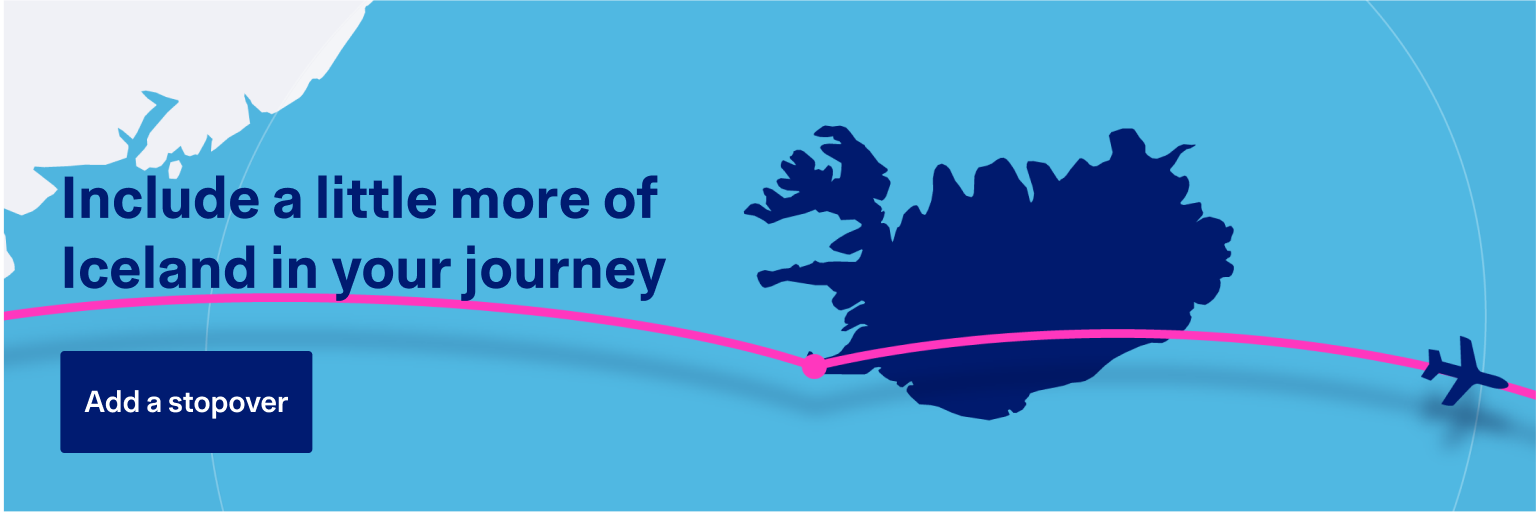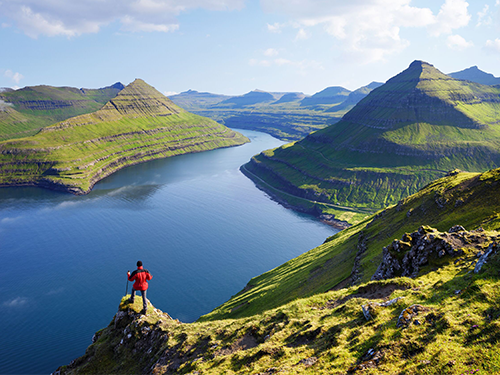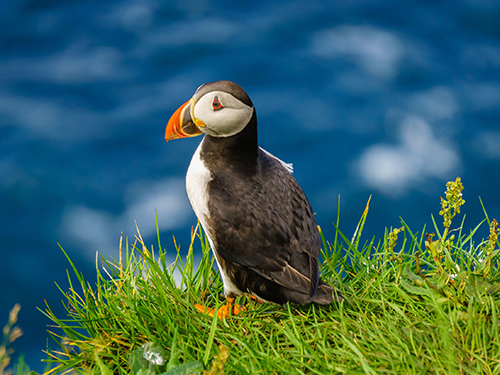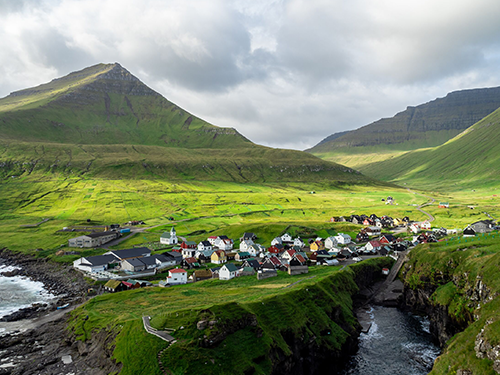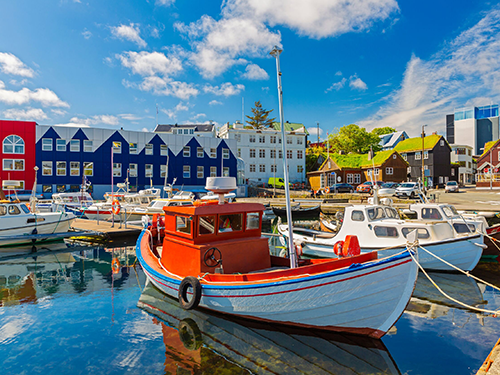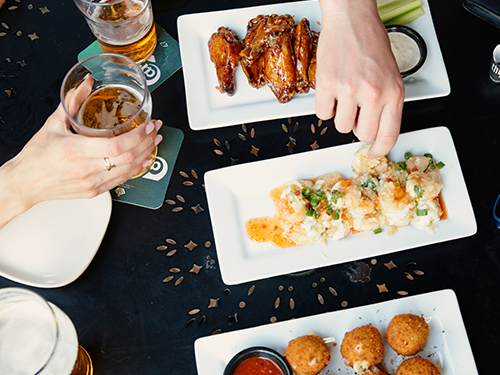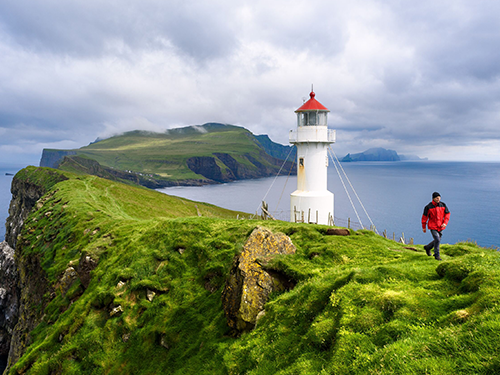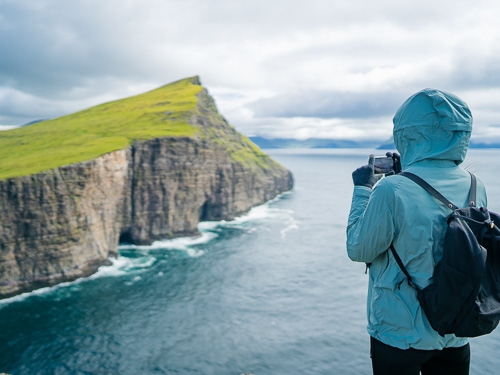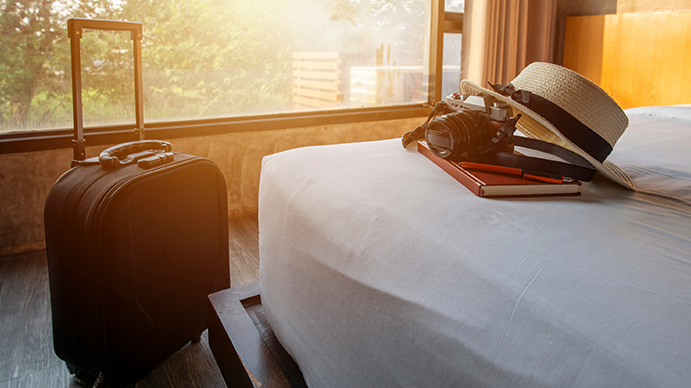What to expect
The Faroe Islands are a small, super-scenic archipelago with a population of just 54,000 people (plus 70,000 sheep!). The country is a collection of rocky, rugged isles jutting out of the North Atlantic, at a midway point between Iceland, Norway and northern Scotland.
With a surface area of only 1,399 sq km (540 sq miles) divided between 18 islands (17 of which are inhabited), and its mid-ocean location, the country receives a good deal of rain. However, the wet weather creates optimal grazing conditions for the many free-roaming sheep (far in Norse, after which the islands are named) and for fog.
As the fog lifts, grassy mountains, wondrous waterfalls, sea-filled gorges and unrivaled ocean views are revealed. In slumbering seaside villages and the cool capital of Tórshavn, local culture thrives. Birdlife is bountiful and hiking is heavenly.


